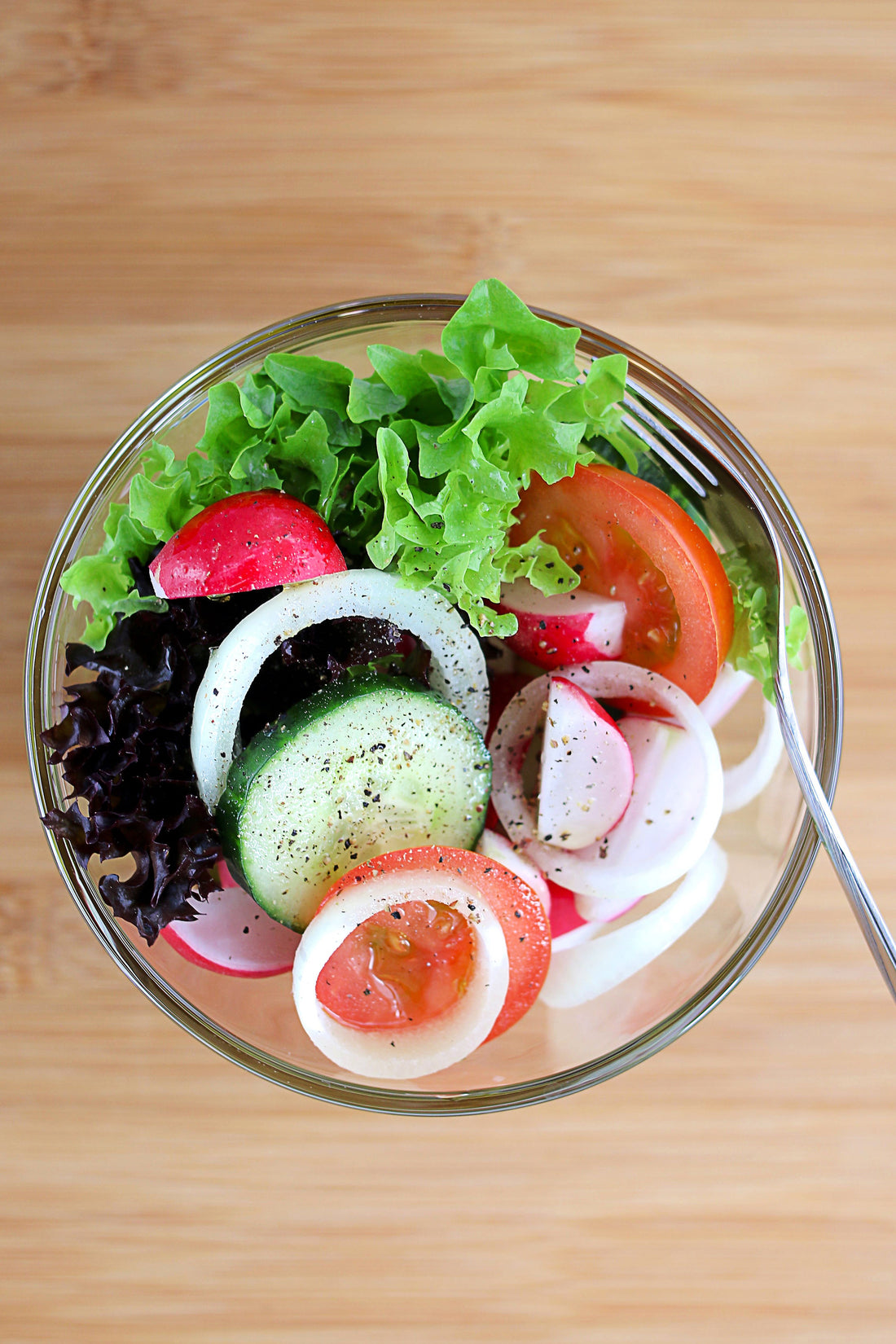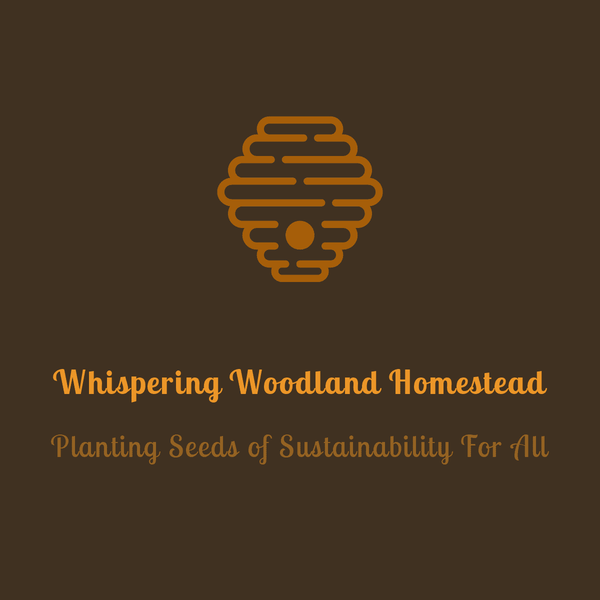
Building Resilience in Your Diet: Why Growing Your Own Food is a Smart Investment for the Future
Building Resilience in Your Diet: Why Growing Your Own Food is a Smart Investment for the Future
In an era marked by agricultural and economic uncertainties, from climate change to fluctuating food prices and supply chain disruptions, building resilience into your diet through home food production has become more important than ever. Growing your own food not only enhances personal and community resilience but also offers numerous benefits that contribute to a more secure and sustainable food system. Here’s how home food production can fortify your diet against various challenges and practical advice on starting your own garden or small-scale food production system.
**1. Enhancing Personal Resilience
Challenges: Economic instability, rising food prices, and supply chain disruptions can create uncertainty around food availability and affordability.
Benefits of Home Food Production:
- Self-Sufficiency: Growing your own food reduces reliance on external sources, providing a more stable and predictable supply of fresh produce. This self-sufficiency can alleviate the stress associated with rising grocery bills and supply shortages.
- Nutritional Security: Homegrown food often boasts higher nutritional value due to its freshness and lack of preservatives. By cultivating your own fruits, vegetables, and herbs, you ensure a steady intake of nutrient-rich foods.
- Empowerment and Knowledge: Engaging in home food production fosters a sense of empowerment and control over your food supply. It also equips you with valuable skills and knowledge about gardening, nutrition, and food preservation.
Source: CentersforDiseaseControlandPrevention.(2022).BenefitsofEatingHomegrownFood.Retrievedfromhttps://www.cdc.gov/
**2. Strengthening Community Resilience
Challenges: Communities can face disruptions from global trade issues, local economic downturns, and environmental crises that affect food security and availability.
Benefits of Community Food Production:
- Local Food Networks: Community gardens, urban farms, and cooperative food projects enhance local food networks, reducing dependency on distant suppliers and fostering a sense of community solidarity.
- Shared Resources: Collaborative gardening projects and community-supported agriculture (CSA) programs allow for shared resources, knowledge, and labor, making food production more accessible and sustainable.
- Economic Impact: Investing in local food production supports local economies and creates job opportunities, which can buffer against economic downturns and strengthen community ties.
Source: AmericanCommunityGardenAssociation.(2023).BuildingResilientCommunitiesThroughLocalFoodNetworks.Retrievedfromhttps://communitygarden.org/
**3. Building a Sustainable Food System
Challenges: Industrial agriculture’s environmental impact includes soil degradation, pesticide use, and high carbon footprints, which contribute to long-term sustainability concerns.
Benefits of Sustainable Home Food Production:
- Environmental Impact: Home gardening reduces the need for industrial agriculture inputs and transportation, which lowers carbon emissions and supports sustainable practices.
- Soil Health: Implementing organic gardening techniques and composting contributes to soil health and fertility, ensuring long-term productivity and reducing environmental degradation.
- Biodiversity: Growing a diverse range of plants supports local biodiversity, attracting beneficial insects and promoting a healthy ecosystem.
Source: FoodandAgricultureOrganizationoftheUnitedNations.(2022).SustainableAgricultureandFoodSystems.Retrievedfromhttps://www.fao.org/
**4. Starting Your Home Garden or Small-Scale Food Production System
**1. Plan Your Space: Assess the available space you have, whether it's a backyard, balcony, or windowsill. Choose a garden style that fits your space, such as raised beds for limited areas or traditional plots for larger yards.
**2. Select Appropriate Crops: Choose crops that are suited to your climate, soil, and available space. Start with easy-to-grow varieties like lettuce, tomatoes, carrots, and herbs to build confidence and experience.
**3. Prepare Your Soil: Test your soil to determine its pH and nutrient levels. Amend the soil with compost or organic matter to improve fertility and structure. If using containers, select high-quality potting soil.
**4. Implement Watering and Irrigation: Establish an efficient watering system, such as drip irrigation or rainwater harvesting, to ensure consistent moisture levels. Mulching helps retain soil moisture and reduces water needs.
**5. Incorporate Sustainable Practices: Practice crop rotation, companion planting, and organic pest management to maintain soil health and reduce reliance on chemical inputs. Composting kitchen scraps and garden waste can enhance soil fertility.
**6. Preserve and Store Your Harvest: Learn preservation techniques such as canning, freezing, and drying to extend the availability of your homegrown produce. Proper storage helps reduce food waste and ensures a steady supply of food.
**7. Engage with the Community: Join local gardening groups, participate in community gardens, and share your experiences with others. Building a network of fellow gardeners can provide support, resources, and inspiration.
Source: NationalGardeningAssociation.(2023).StartingaHomeGarden:EssentialTipsforSuccess.Retrievedfromhttps://garden.org/
Conclusion
Building resilience into your diet through home food production offers a strategic advantage in navigating agricultural and economic uncertainties. By growing your own food, you enhance personal and community resilience, contribute to a more sustainable food system, and gain greater control over your food supply. Starting a home garden or small-scale food production system is a valuable investment in your future, providing stability, nutrition, and a connection to your food sources.
